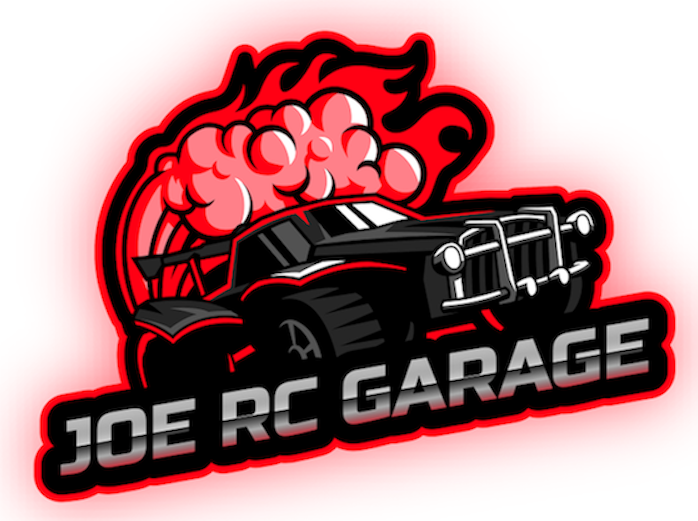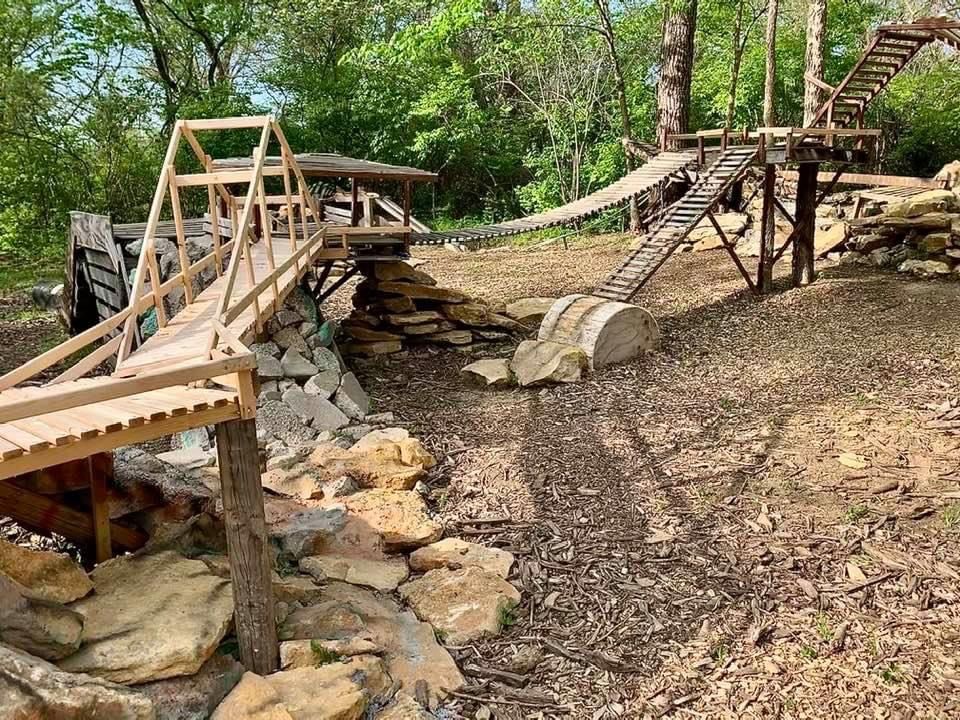Are you ready to take your RC crawling game to the next level? Look no further than RC crawler courses! These courses are the perfect way to challenge yourself and your vehicle, all while having a blast with fellow RC enthusiasts. In this guide, we’ll cover everything you need to know about RC crawler courses, from finding the perfect course to mastering the obstacles.
What is an RC Crawler Course?
An RC crawler course is a specially designed area for remote-controlled rock crawlers to navigate through various obstacles, such as rocks, hills, and even water features. The courses can be set up in indoor or outdoor environments and range in difficulty level, from beginner-friendly to advanced.
Benefits of RC Crawler Courses
Not only are RC crawler courses incredibly fun, but they also provide a host of benefits for both you and your vehicle. Here are just a few:
- Improved driving skills: RC crawler courses require precision and control, which can help improve your overall driving skills.
- Increased vehicle durability: Crawling over obstacles can be tough on your vehicle, but it also helps to increase its durability and strength.
- Socialization: Participating in RC crawler courses is a great way to meet fellow RC enthusiasts and bond over a shared hobby.
- Personal challenge: Whether you’re a beginner or an advanced crawler, each course provides its own unique set of challenges, making it a great way to challenge yourself and improve your skills.
How to Find an RC Crawler Course
So, where can you find an RC crawler course near you? Here are a few options:
- Local hobby shops: Many hobby shops have RC crawler courses set up or know of local courses in the area.
- Online directories: Websites such as RC Crawler and RC Driver have directories of courses across the country.
- Facebook groups: Search for local RC groups on Facebook and inquire about courses in the area.
Types of RC Crawler Courses
RC crawler courses can come in a variety of forms, each with its own unique set of obstacles and challenges. Here are a few types of courses you may come across:
- Rock crawling: As the name suggests, these courses are all about crawling over rocks and boulders of varying sizes and shapes.
- Technical crawling: These courses focus on technical maneuvers such as tight turns, steep inclines, and off-camber obstacles.
- Trail crawling: Trail crawling courses simulate natural trails and environments, complete with water features and other natural obstacles.
Tips for Mastering RC Crawler Courses
Ready to tackle an RC crawler course? Here are a few tips to help you master the obstacles:
- Take it slow: RC crawler courses are all about precision and control, so take your time and go at a slow, steady pace.
- Use the right tires: Different courses may require different types of tires, so make sure you have the appropriate ones for the job.
- Know your vehicle: Familiarize yourself with your RC crawler and its capabilities to make sure you’re using it to its full potential.
- Observe other crawlers: Watching other crawlers can provide valuable insights and techniques for tackling the course.
Conclusion
RC crawler courses are a fun and challenging way to improve your skills and bond with fellow RC enthusiasts. With a variety of courses available and plenty of tips for mastering the obstacles, there’s no better time to start exploring the world of RC crawling.
Frequently Asked Questions
Do I need a specific type of RC vehicle for crawling courses?
While there are specialized RC crawlers available, many courses can be tackled with standard RC vehicles with a few modifications.
Are there age restrictions for participating in RC crawler courses?
This can vary depending on the specific course and location, but many courses are open to all ages with parental supervision for younger participants.
Can I build my own RC crawler course?
Absolutely! Building your own course can be a fun and creative project, and there are plenty of resources available online to help you get started.
What should I wear to an RC crawler course?
Comfortable clothing and shoes with good grip are recommended, as well as eye protection in case of flying debris.
What if I damage my RC vehicle during the course?
While some wear and tear is expected during crawling courses, it's always a good idea to bring spare parts or tools in case of minor repairs. And remember, the most important thing is to have fun and enjoy the experience!




